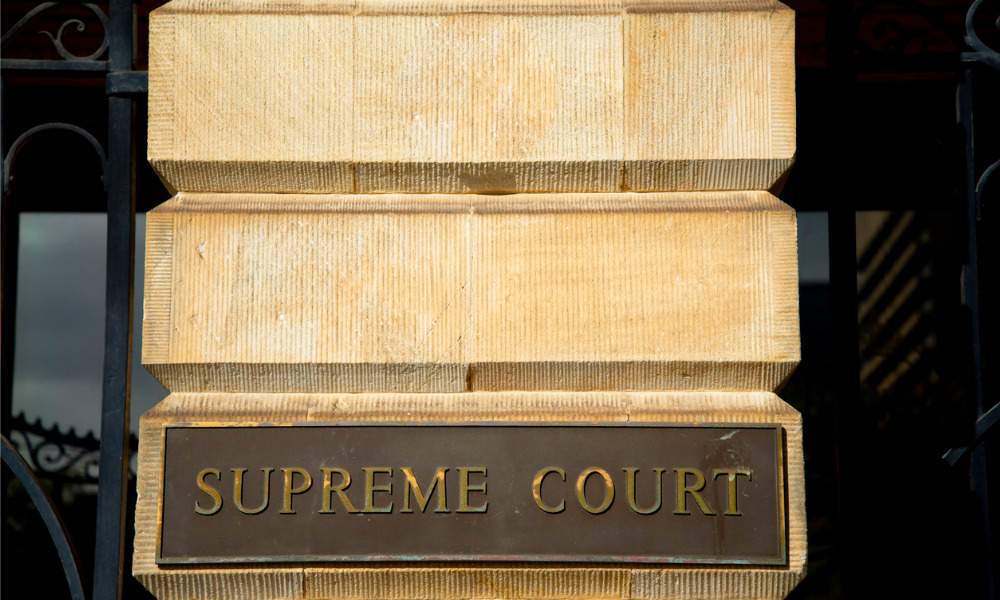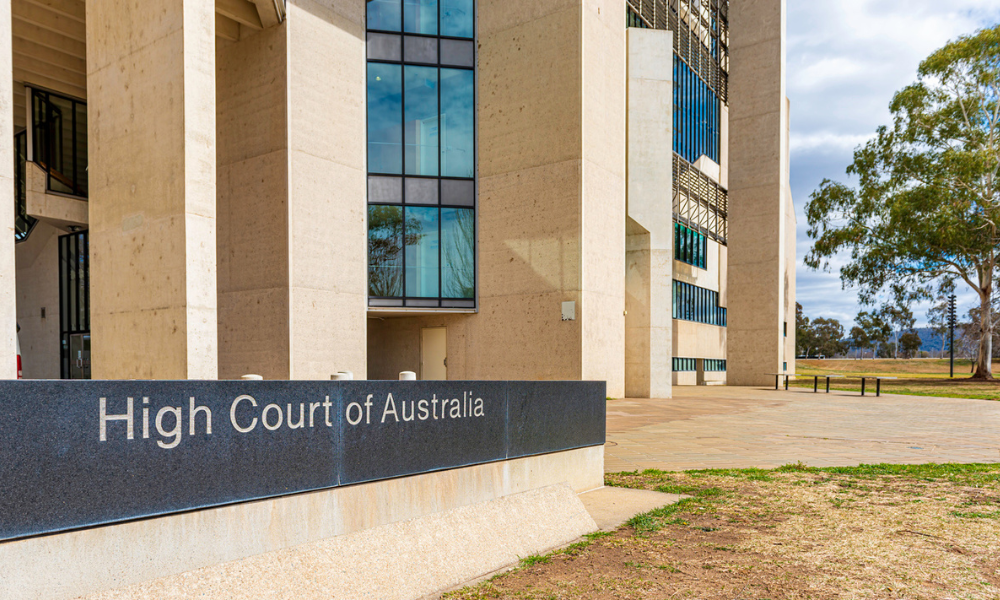A party challenged the use of the Higher Courts costs scale

The SA Supreme Court recently decided the appropriate method for calculating costs when a party uses employed solicitors.
Legal Profession Conduct Commissioner v Scragg [2023] SASC 179 (20 December 2023) examined a taxation dispute involving a statutory officer seeking to recover costs incurred during a civil dispute. The core issue revolved around the calculation of costs; in particular, whether it is appropriate for the court to use the Higher Courts costs scale when the applicant utilises employed solicitors, or if some other calculation method should be applied instead.
The applicant, a statutory officer, investigated the respondent's conduct, resulting in adverse findings and a subsequent sanction. The respondent exercised the right of appeal, leading to a hearing at the Legal Practitioners Disciplinary Tribunal. Although the tribunal made minor amendments to the sanctions, it ultimately dismissed the appeal and ordered the respondent to pay the applicant's costs.
The dispute centred on the appropriate cost calculation method given that the applicant used internal legal practitioners rather than external legal services. The respondent argued that costs should be taxed based on the hourly rate paid to the employed solicitors, challenging the use of the Higher Courts costs scale.
The SA Supreme Court explained that costs awarded in civil disputes are intended as an indemnity, compensating the successful party for the legal expenses incurred during proceedings. The dispute brought attention to the tension between the indemnity principle and the established practice of using court scales to calculate costs.
The court referred to the recent case of Bell Lawyers Pty Ltd v Pentelow [2019] HCA 29, which eliminated the "Chorley exception" and established that a solicitor representing themselves is not entitled to claim costs at a professional rate. The respondent drew parallels with a case involving an incorporated legal practice, arguing that costs should not be recovered based on the work of employed solicitors.
The court further noted that while there is no statutory basis for using court scales for government bodies, the Crown Proceedings Act 1992 (SA) provides some intervention. The act allows the State Crown to claim costs beyond mere indemnity, presenting a potential loophole in the indemnity principle.
The court found that if accepted, the respondent's contention would require the applicant to hire a forensic accountant to determine the true costs incurred, potentially leading to costs exceeding the claimed amount. However, in the interest of justice, the court allowed the applicant of the current case to proceed with the claim on the Higher Courts costs scale.










